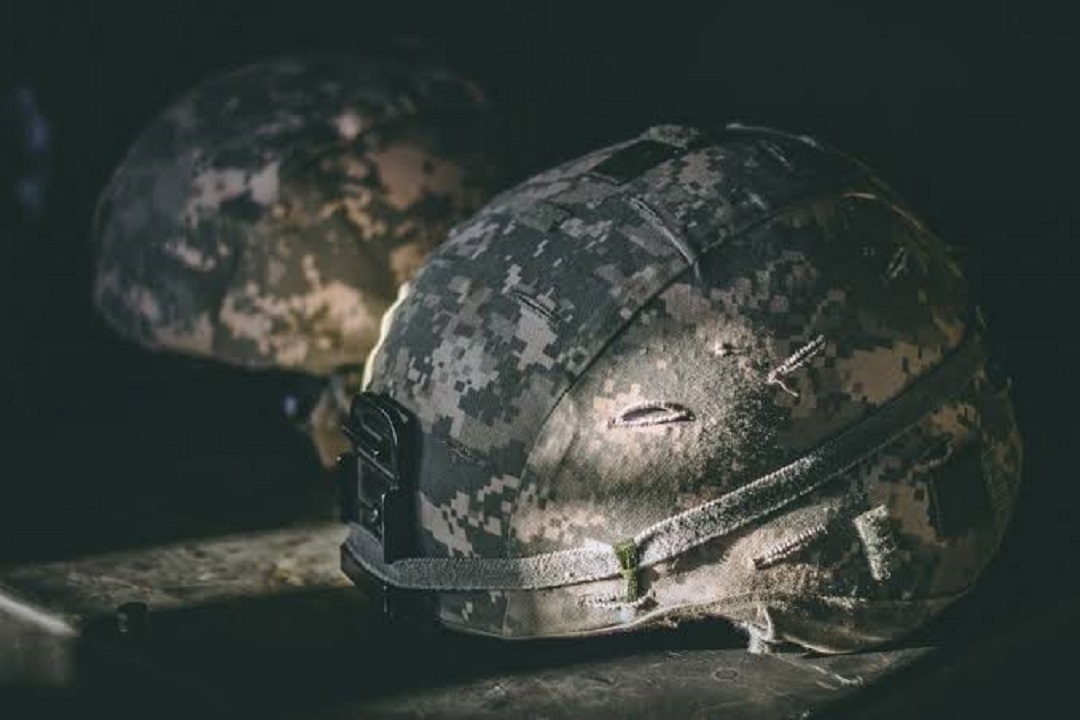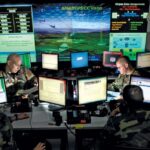
VETERAN ENTREPRENEURSHIP: SUCCESS STORIES ACROSS AFRICA
Across Africa, a new wave of entrepreneurship is emerging from an unexpected source military veterans. After years of service, these men and women are transforming their discipline, resilience, and leadership into thriving businesses that generate jobs, drive innovation, and tackle local challenges. From agriculture to logistics, security to renewable energy, veteran-led enterprises are reshaping economies and offering inspiring models of post-service success.
This movement is supported by government and institutional initiatives, such as Nigeria’s Armed Forces Resettlement Centre and South Africa’s veteran training programs, which provide entrepreneurial skills in the face of high unemployment. Together, these efforts illustrate how ex-servicemen and women are not only rebuilding their own lives but also contributing to Africa’s sustainable development.
Related Article: THE NEXT FRONTIER IN TECH INNOVATION
One of the most prominent examples is General Theophilus Danjuma of Nigeria. A former Army general who played a key role in the Biafra War, Danjuma ventured into business after retiring from service. In 1979, he founded the Nigerian American Line, a pioneering marine logistics firm that transformed shipping along West Africa’s coast. It expanded into a multimillion-dollar enterprise, boosting regional trade in oil and commodities. Today, Danjuma is among Africa’s wealthiest individuals, with ventures spanning logistics, oil, and philanthropy through the TY Danjuma Foundation, which supports health and education. His story shows how military precision and strategy can steer success in complex industries like maritime trade.
In South Africa, Eeben Barlow turned his military expertise into one of the continent’s most talked-about enterprises. A former lieutenant-colonel, Barlow founded Executive Outcomes in 1989, recruiting fellow veterans, including former adversaries. At its peak, the company employed over 2,000 personnel and gained a reputation as Africa’s most effective private military contractor. It played decisive roles in Angola and Sierra Leone, helping to secure peace and stabilize economies disrupted by conflict. Though dissolved in 1998 due to regulatory pressure, Executive Outcomes was revived in 2020, proving the enduring demand for veteran-led security services. Barlow’s journey underscores how military leadership can adapt to the private sector while addressing pressing regional security needs.
Kenya’s Byron Adera also demonstrates how elite training can translate into corporate innovation. A former officer in the Kenya Parachute Regiment and a pioneer of the Special Forces, Adera shifted to entrepreneurship in 2012. He became the Founding Country Operations Director of XFOR Security Solutions, scaling its Kenyan branch to over 1,000 employees in its first year and winning a Security Excellence Award. Beyond XFOR, he consults for multinational clients on surveillance, risk management, and protection. His partnerships with global institutions, mentorship of young Kenyans, and advocacy for fitness and mental health reflect a career that blends security expertise with community impact.
In Ghana, U.S. Air Force veteran Calvin Daniels has carved out success in agriculture. After retiring as a Master Sergeant, Daniels settled in Shai Hills, where he founded Shai Hills Snails and Agriculture Farm Ltd. What began with snail farming expanded into Moringa and vegetable cultivation, with a focus on eco-friendly and cruelty-free practices. His farm, now poised for expansion to 146 acres, generates multimillion-dollar revenues through local sales and international partnerships. Employing over 50 people, Daniels’ venture showcases how diaspora veterans can merge discipline with Africa’s natural potential to combat food insecurity while creating jobs.
These individual achievements are reinforced by broader training programs. In Nigeria, over 100 veterans recently completed the Armed Forces Resettlement Centre’s skills program in poultry, fish farming, and financial literacy, earning certifications that open doors to loans and business opportunities. Early graduates reported income increases of up to 30 percent. Similarly, South Africa’s veteran training initiatives are preparing ex-servicemen for roles in industries like welding, electrical work, and renewable energy, enabling them to secure sustainable contracts. Such programs highlight a growing recognition that veterans are vital contributors to small and medium-sized enterprises, which already account for half of Africa’s GDP.
Despite these successes, challenges remain. Veterans often face stigma during reintegration, limited access to start-up capital, and bureaucratic hurdles when seeking government funding. Some, like Adera, rely on professional networks built during service, while others, like Daniels, leverage diaspora connections for investment. Research on Nigerian veteran entrepreneurs suggests that while military backgrounds accelerate business launches, tailored support is needed in marketing, scaling, and finance.
As Africa moves toward a projected $7 trillion economy by 2050, veterans represent an underutilized force for growth. From Danjuma’s logistics empire to Daniels’ eco-friendly farms, their journeys prove that military service equips individuals not only for defence but also for innovation and enterprise. By expanding access to financing, strengthening training programs, and reducing bureaucratic barriers, governments and investors can unlock a veteran-led entrepreneurial renaissance. In honouring their stories, we recognize not just past sacrifices but also the future role veterans play in building a resilient, prosperous Africa.
King Richard Igimoh, Group Editor ALO
King Richard Igimoh, Group Editor African Leadership Organisation is an award-winning journalist, editor, and publisher with over two decades of expertise in political, defence, and international affairs reporting. As Group Editor of the African Leadership Organisation—publishers of African Leadership Magazine, African Defence & Security Magazine, and Africa Projects Magazine—he delivers incisive coverage that amplifies Africa’s voice in global security, policy, and leadership discourse. He provides frontline editorial coverage of high-profile international events, including the ALM Persons of the Year, the African Summit, and the African Business and Leadership Awards (ABLA) in London, as well as the International Forum for African and Caribbean Leadership (IFAL) in New York City during the United Nations General Assembly.
Recent Posts
Categories
- Air & Aerospace17
- Border Security15
- Civil Security6
- Civil Wars4
- Crisis5
- Cyber Security8
- Defense24
- Diplomacy19
- Entrepreneurship1
- Events5
- Global Security Watch6
- Industry8
- Land & Army9
- Leadership & Training5
- Military Aviation7
- Military History27
- Military Speeches1
- More1
- Naval & Maritime9
- Policies1
- Resources2
- Security12
- Special Forces2
- Systems And Technology9
- Tech6
- Uncategorized6
- UNSC1
- Veterans7
- Women in Defence9










